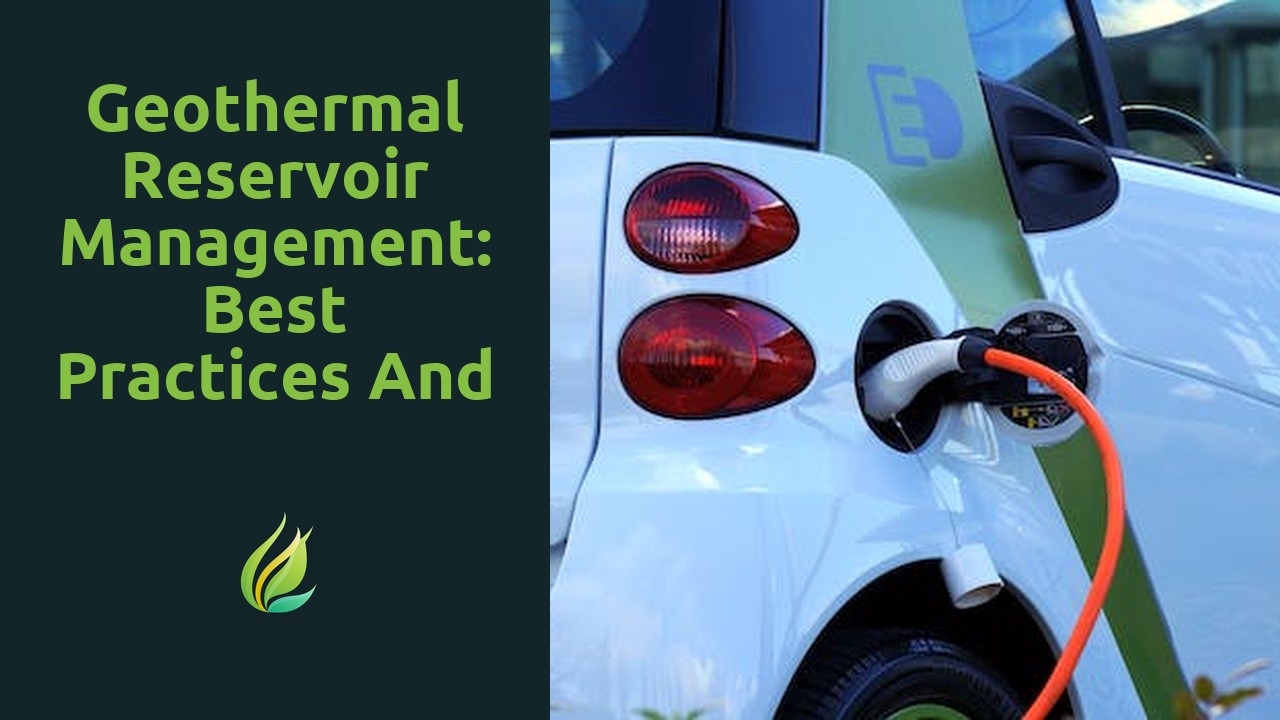Geothermal Reservoir Management: Best Practices and Optimization Techniques

The "- " option does not exist.
Heading 8: Reservoir Maintenance and Integrity
Reservoir maintenance plays a crucial role in ensuring the integrity and longevity of a reservoir. Regular inspections and monitoring are essential to identify any potential issues before they escalate into larger problems. By promptly addressing issues such as leaks or structural damage, operators can mitigate risks and prevent costly repairs or shutdowns. Implementing a robust maintenance plan that includes routine checks, pressure testing, and corrosion prevention measures helps keep the reservoir in optimal condition, maximizing its lifespan and preserving its integrity.
In addition to inspections and repairs, reservoir maintenance also involves managing fluid levels and balancing injection and production rates. It is vital to monitor and regulate the injection rates to avoid exceeding the reservoir's capacity or causing unwanted pressure imbalances. Properly balancing injection and production rates helps prevent issues like reservoir subsidence, water breakthrough, or formation damage. By maintaining the reservoir's pressure, operators can optimize production and extend the life of the reservoir, ensuring its integrity for years to come.
Heading 9: Sustainable Reservoir Management
Sustainable reservoir management is a crucial aspect of ensuring the long-term viability of oil and gas production. As the industry continues to evolve, there is a growing recognition of the need to balance economic goals with environmental considerations. Reservoir management practices that prioritize sustainability aim to minimize the impact on ecosystems and reduce carbon emissions. This involves adopting practices such as utilizing advanced technologies and processes to mitigate environmental risks associated with reservoir operations. By incorporating environmental considerations into reservoir management, companies can enhance their social license to operate and contribute to a more sustainable future.
Another key element of sustainable reservoir management is the integration of data-driven decision-making processes. With the advent of digital technologies, it has become increasingly possible to collect vast amounts of data from reservoirs. By analyzing this data, operators can gain valuable insights into reservoir behavior, allowing them to optimize production strategies while minimizing resource waste and environmental impact. Additionally, the use of advanced modeling techniques can help predict future reservoir performance, enabling proactive measures to be taken to maintain reservoir integrity. By harnessing the power of data and technology, sustainable reservoir management can contribute to more efficient production and reduced environmental footprint.
Related Links
Monitoring Geothermal Reservoirs: Tools and Technologies for Effective Performance AssessmentEnhancing Geothermal Reservoirs: Strategies for Improved Heat Extraction